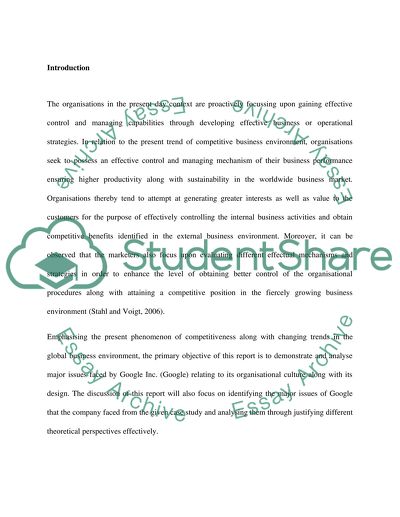Cite this document
(“Organisational Design & analysis Case Study Example | Topics and Well Written Essays - 2000 words”, n.d.)
Organisational Design & analysis Case Study Example | Topics and Well Written Essays - 2000 words. Retrieved from https://studentshare.org/human-resources/1476470-organisational-design-analysis
Organisational Design & analysis Case Study Example | Topics and Well Written Essays - 2000 words. Retrieved from https://studentshare.org/human-resources/1476470-organisational-design-analysis
(Organisational Design & Analysis Case Study Example | Topics and Well Written Essays - 2000 Words)
Organisational Design & Analysis Case Study Example | Topics and Well Written Essays - 2000 Words. https://studentshare.org/human-resources/1476470-organisational-design-analysis.
Organisational Design & Analysis Case Study Example | Topics and Well Written Essays - 2000 Words. https://studentshare.org/human-resources/1476470-organisational-design-analysis.
“Organisational Design & Analysis Case Study Example | Topics and Well Written Essays - 2000 Words”, n.d. https://studentshare.org/human-resources/1476470-organisational-design-analysis.


